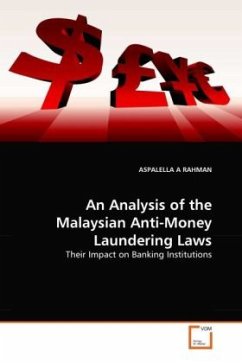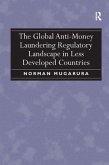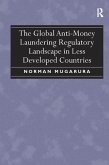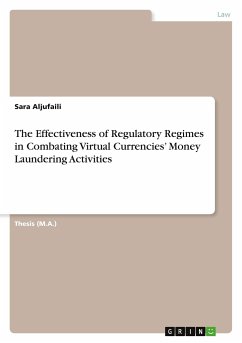The Malaysian Anti Money Laundering Act (AMLA) was passed in 2001 and came into force in January 2002. It was amended in 2003 to include measures to combat against terrorism financing. Following the amendment, AMLA was renamed Anti-Money Laundering and Anti-Terrorism Financing Act 2001 (AMLATFA). AMLATFA not only criminalizes money laundering and terrorism financing, but also imposes various obligations on reporting institutions. It includes measures for the investigation of money laundering and terrorism financing offences and the freezing, seizure and forfeiture of criminal proceeds. Banks as the main reporting entities have borne the brunt of the measures introduced by AMLATFA. Despites its introduction in 2002, little academic research has been carried out on how the legislation impacts on banks in Malaysia. This study attempts to address that need. It will analyse how the relevant provisions of AMLATFA affect banks, their operations and relationships with outsiders, such as customers and other stakeholders.
Bitte wählen Sie Ihr Anliegen aus.
Rechnungen
Retourenschein anfordern
Bestellstatus
Storno








